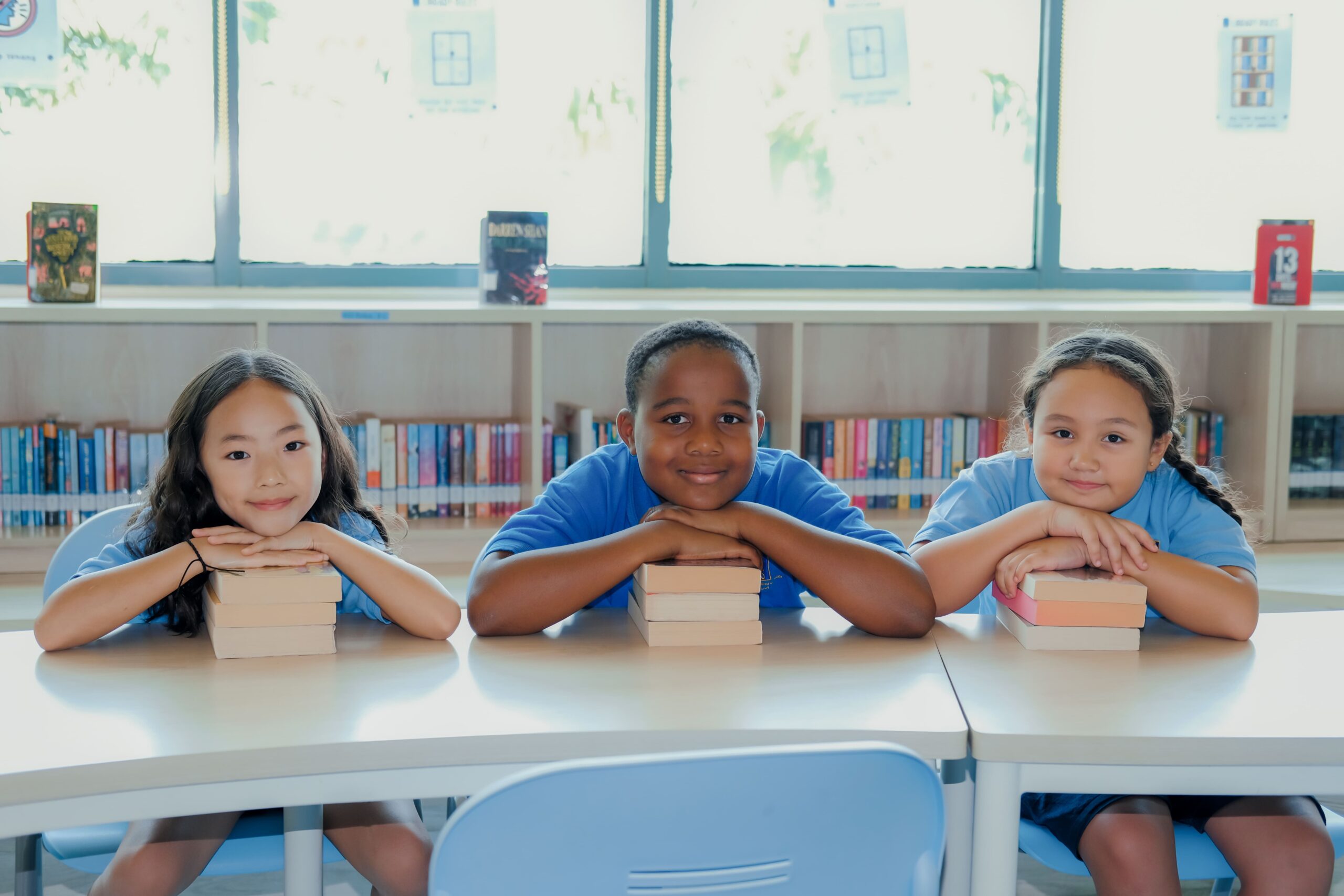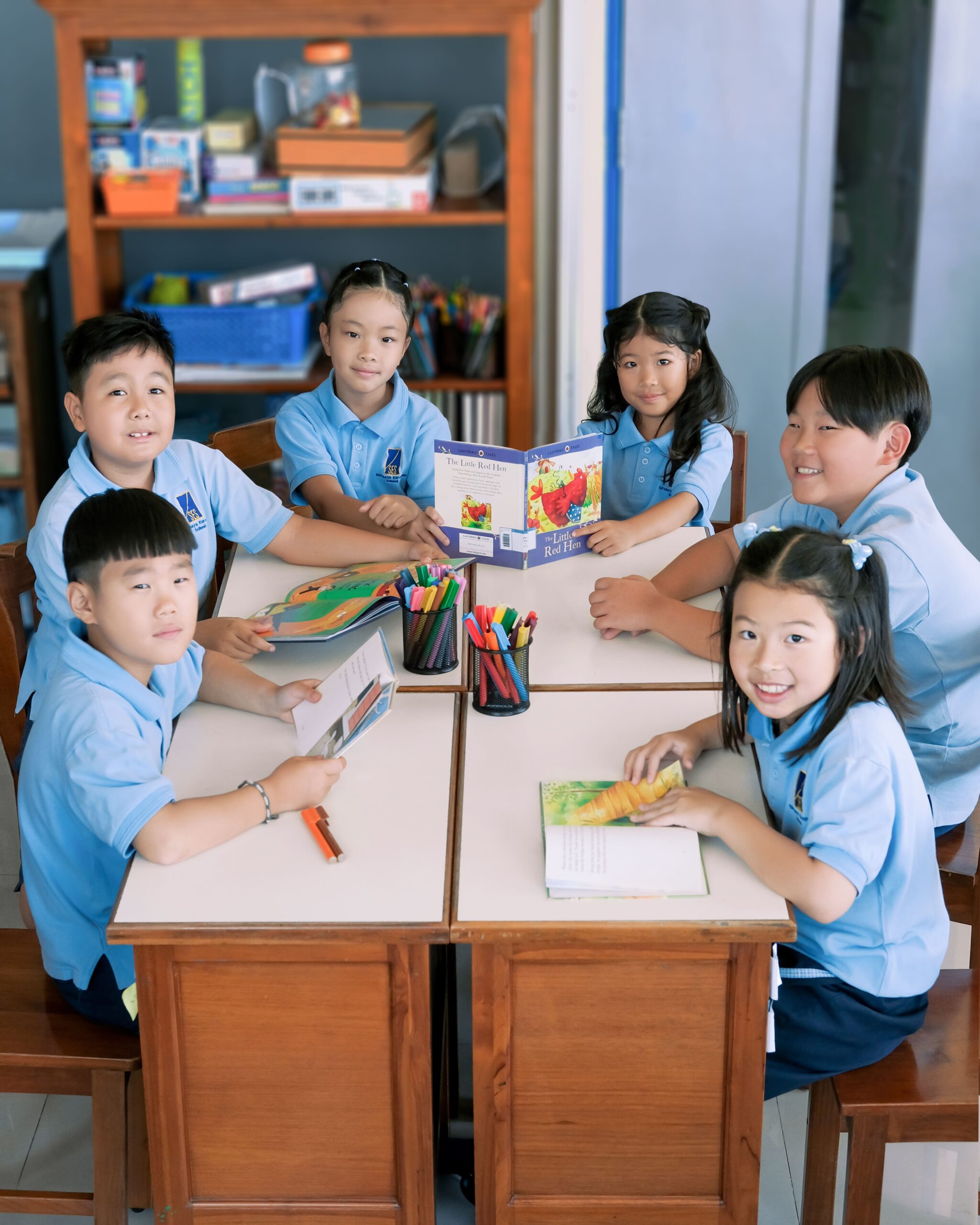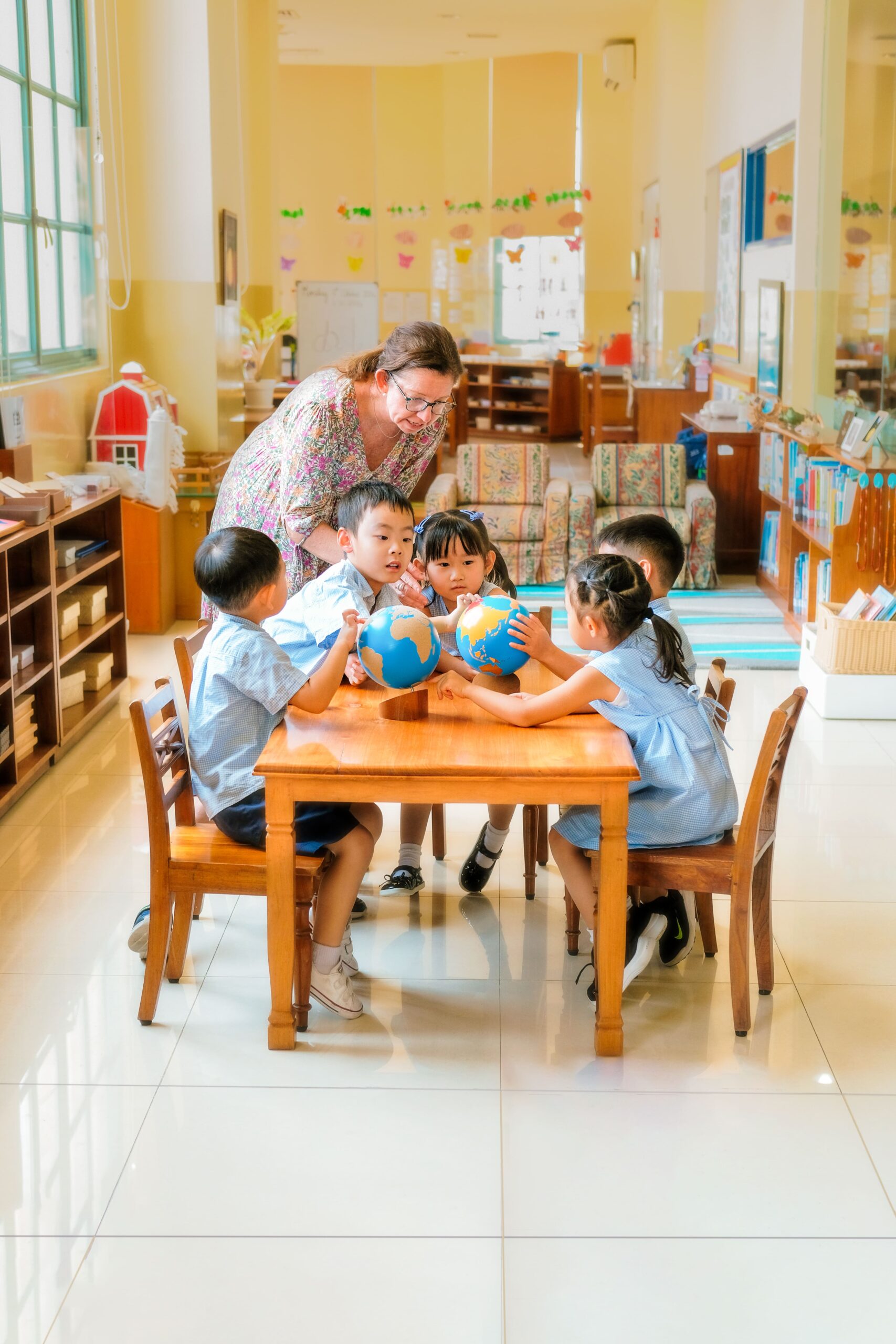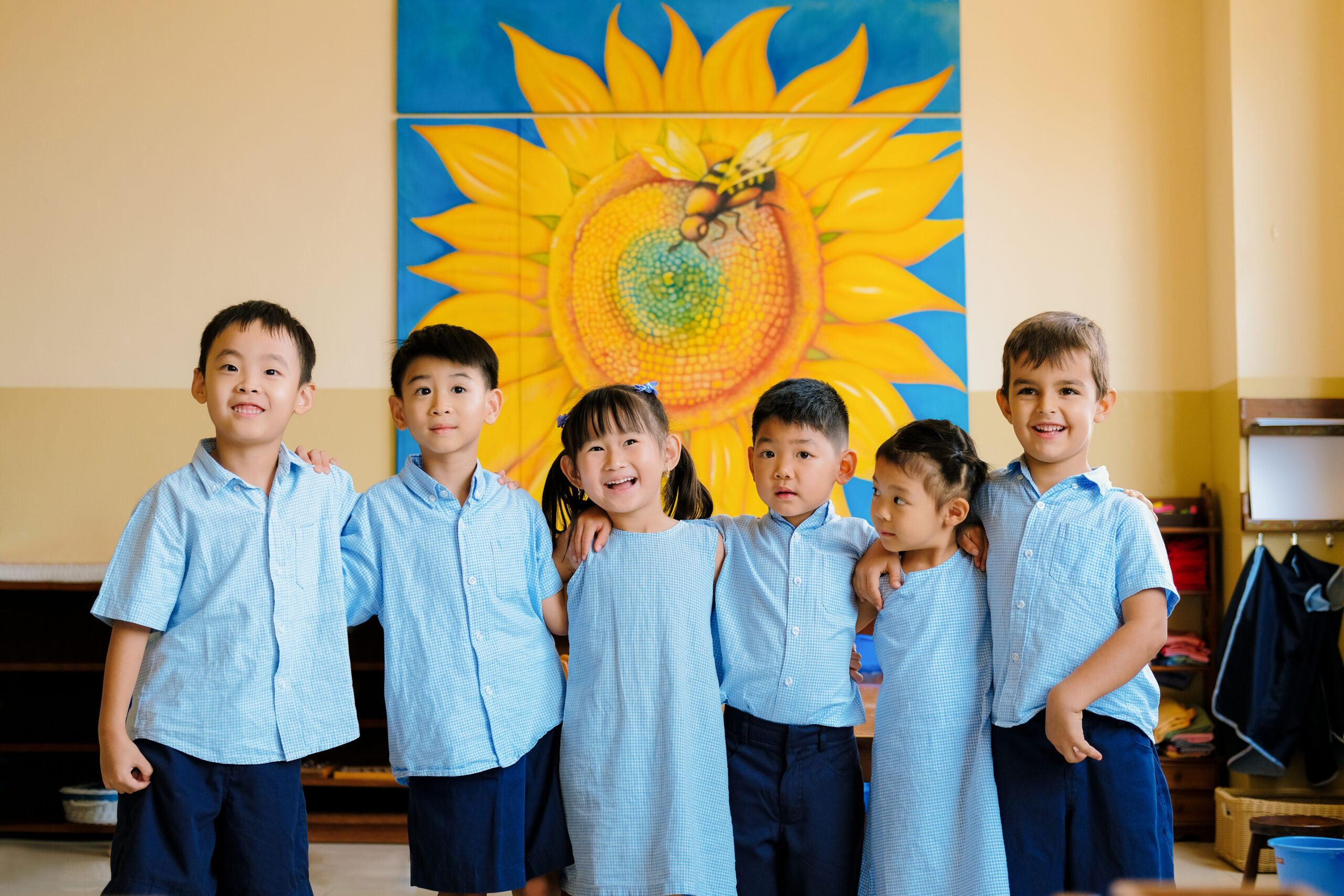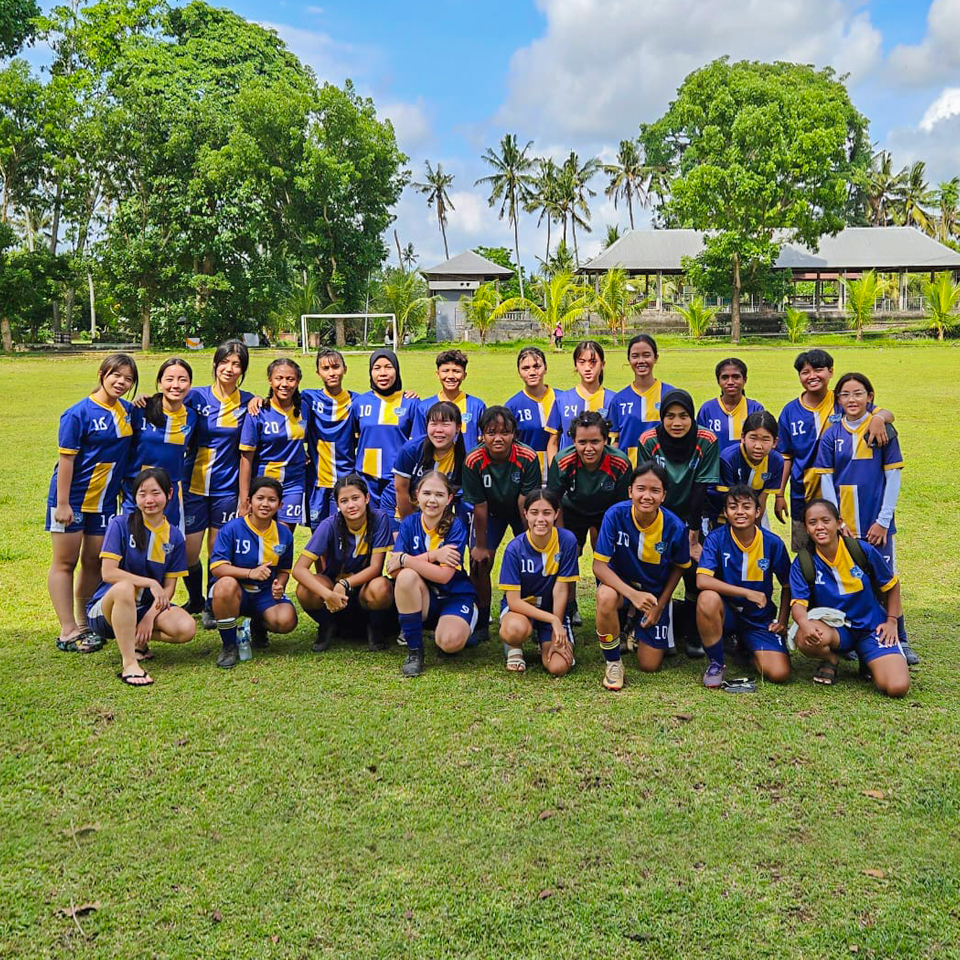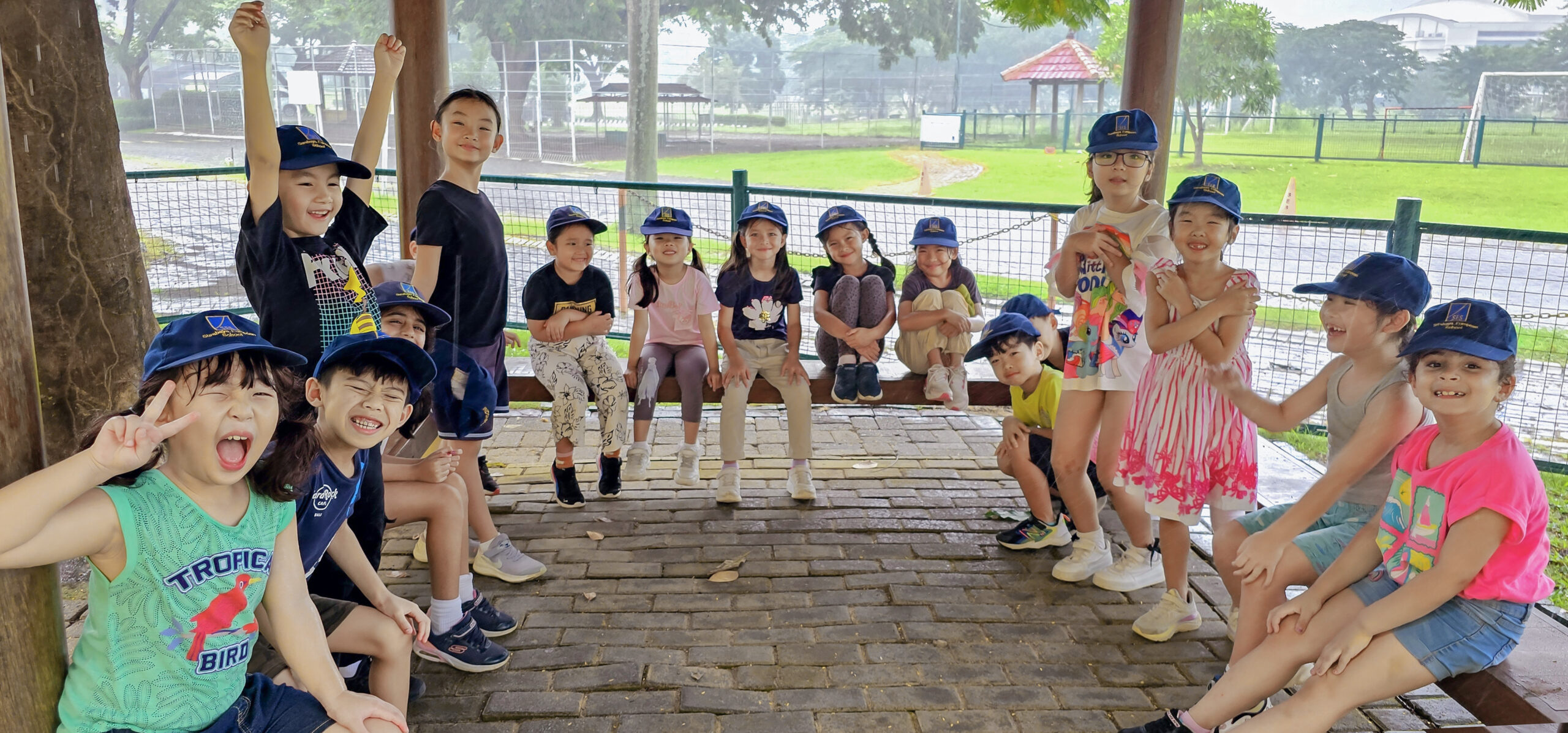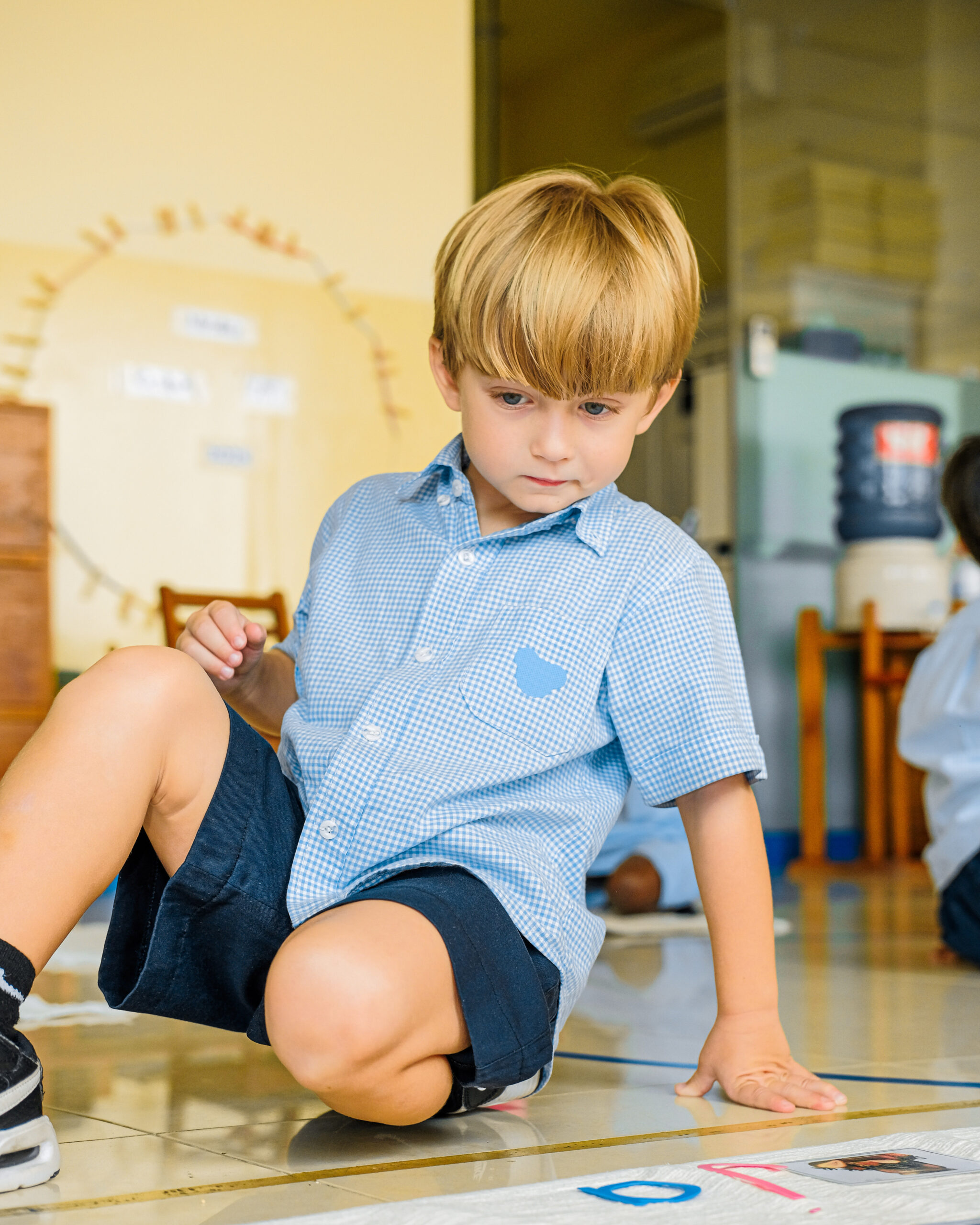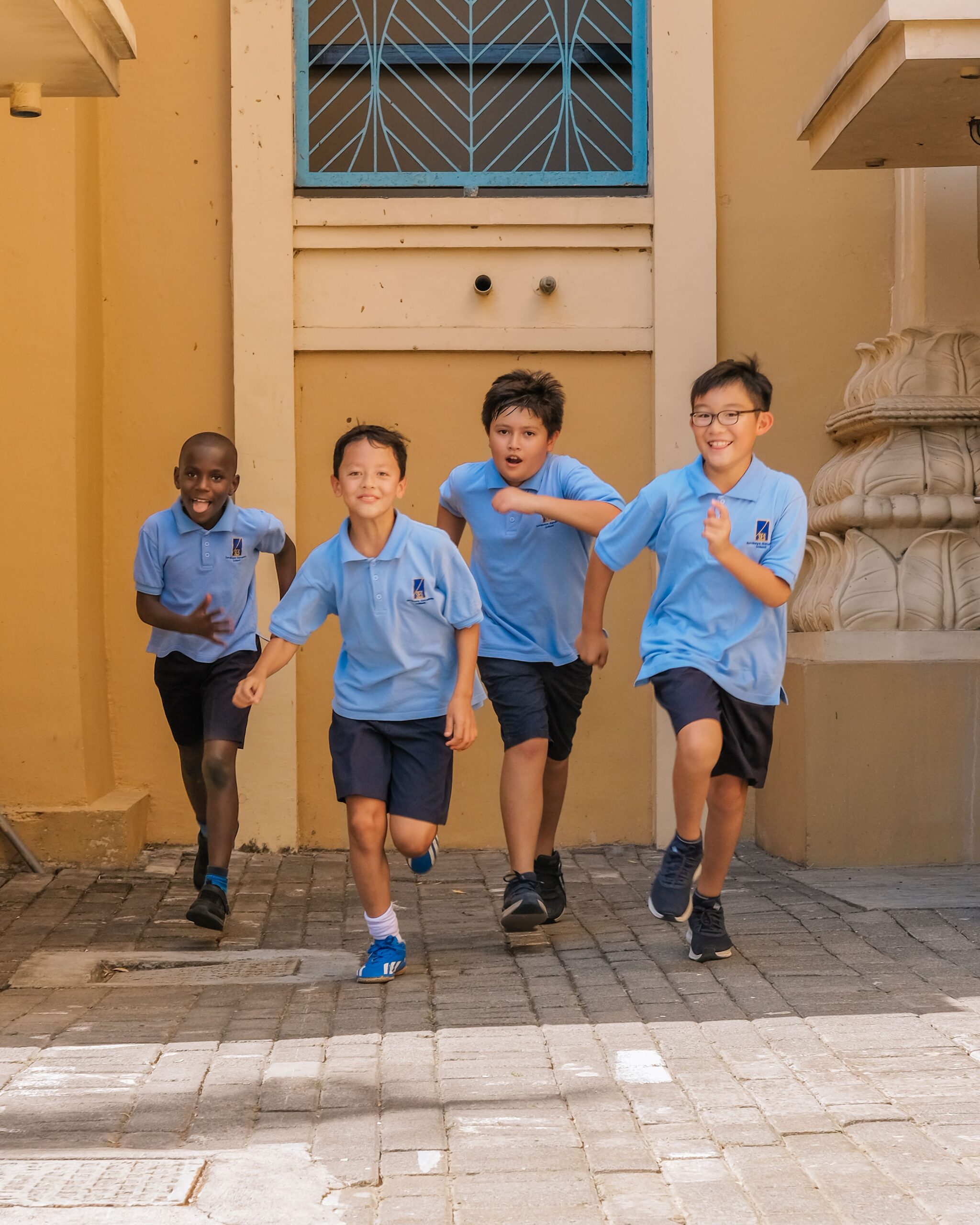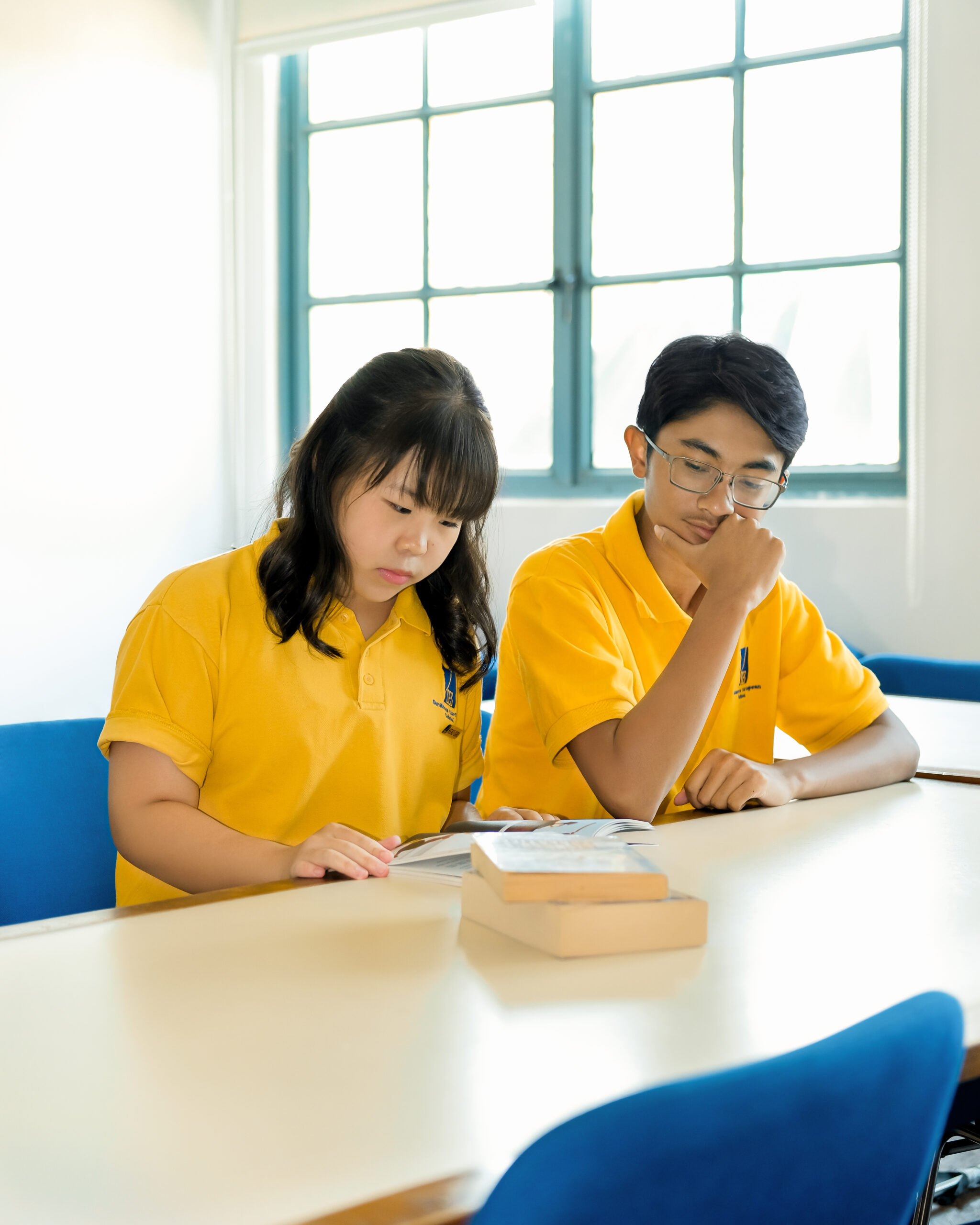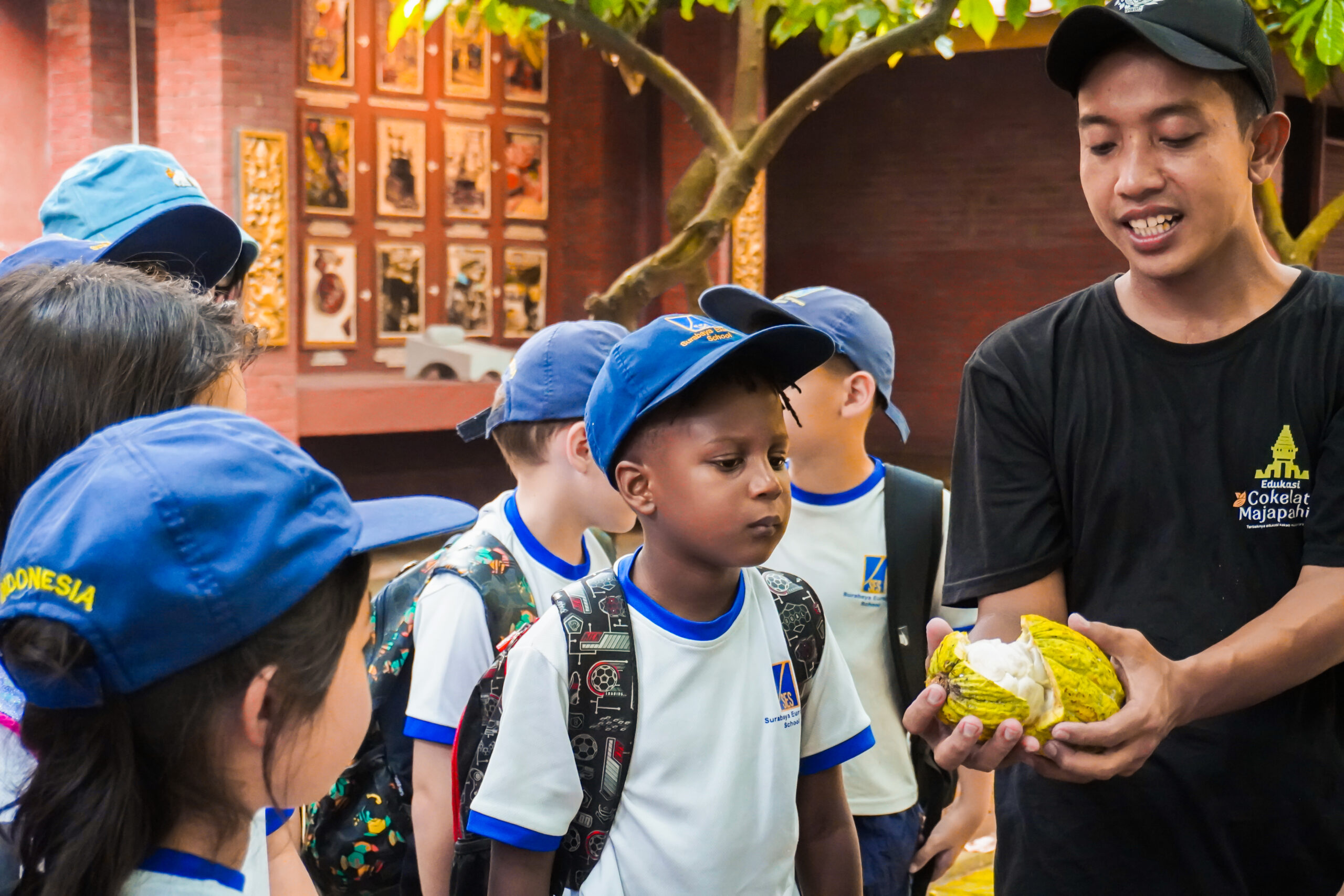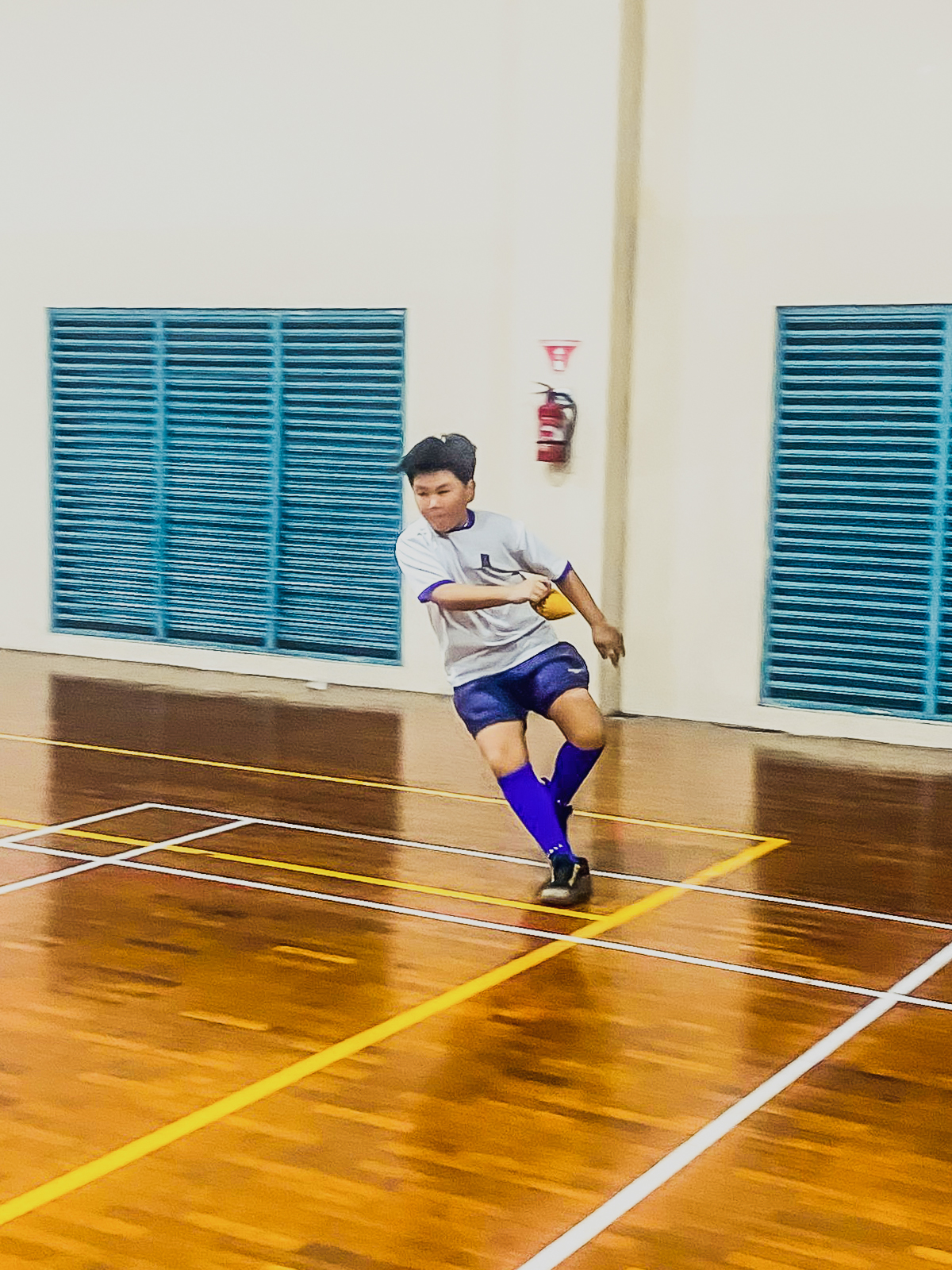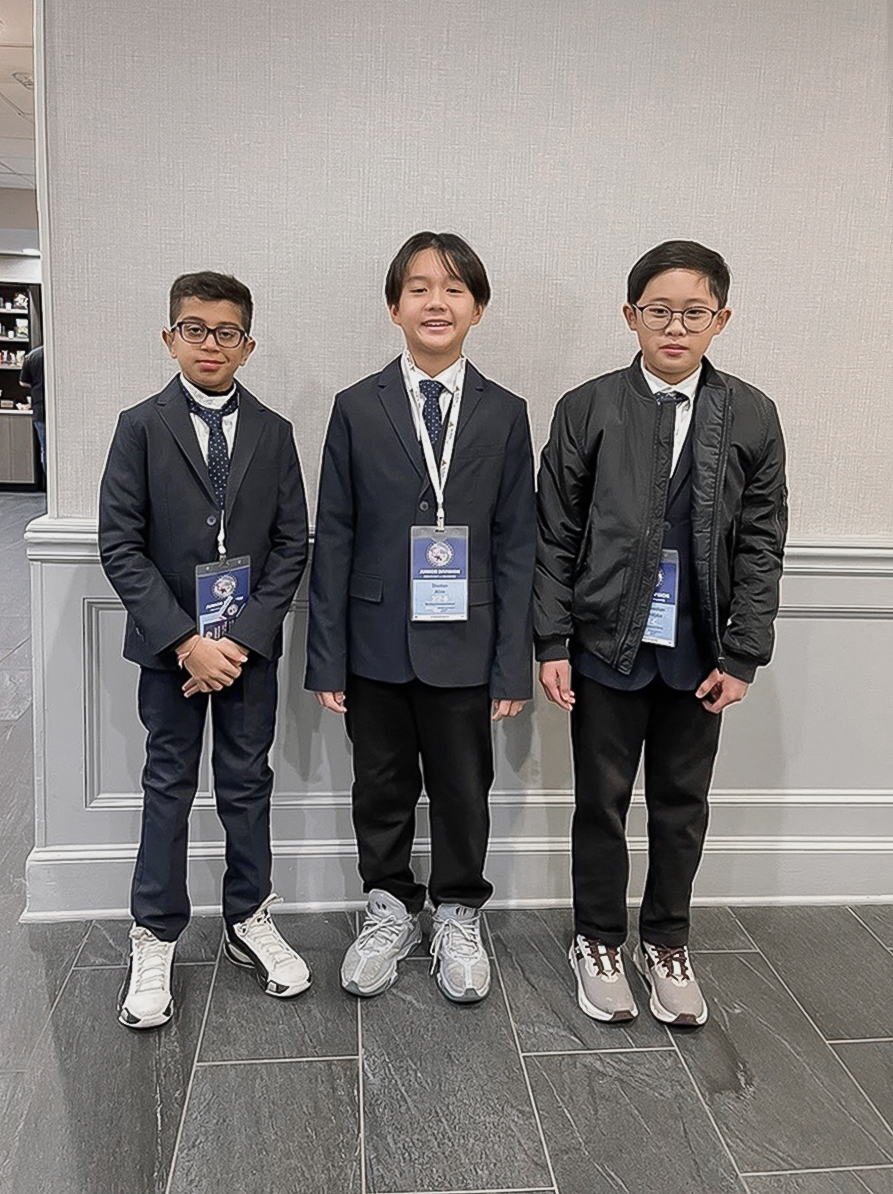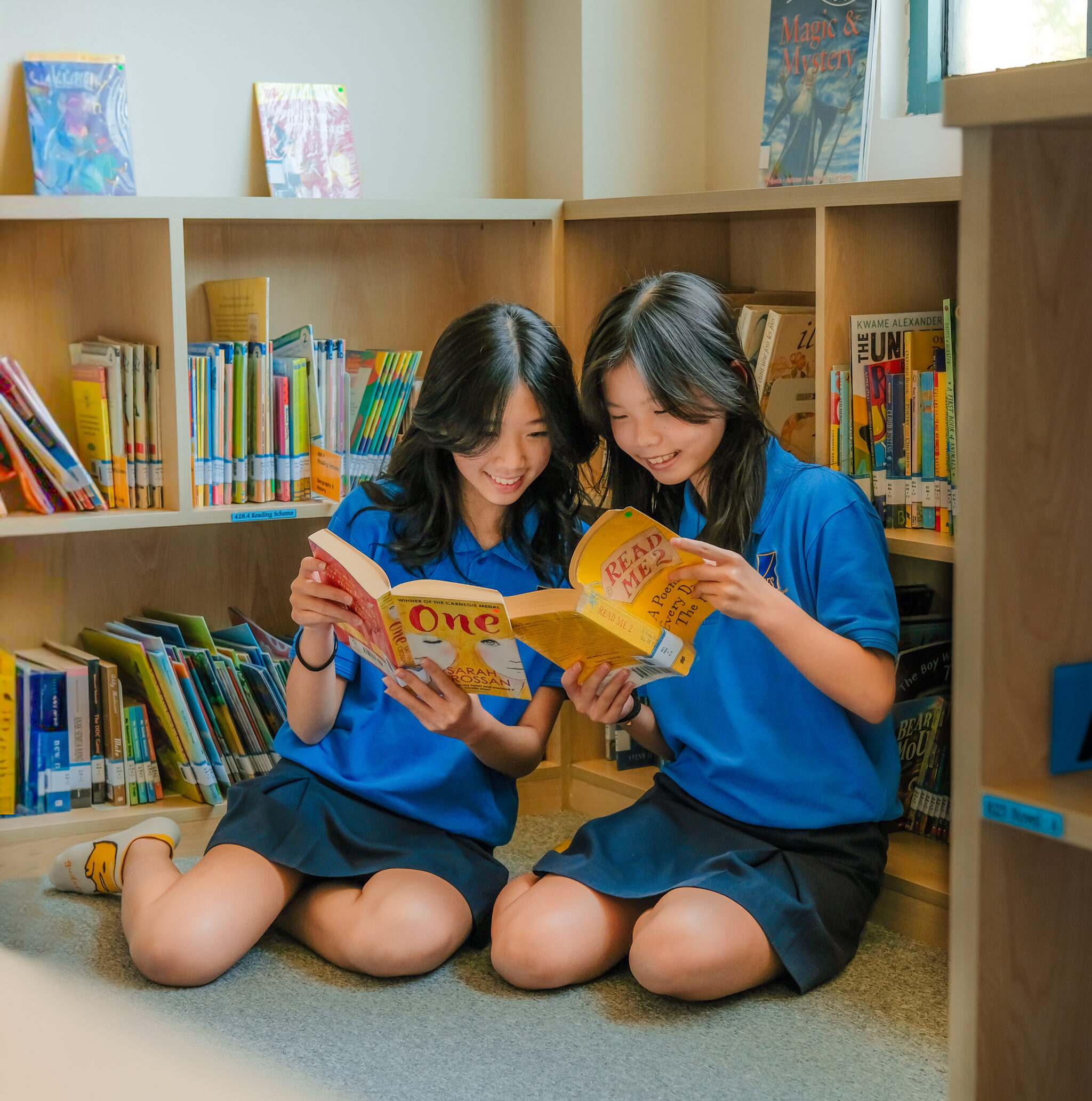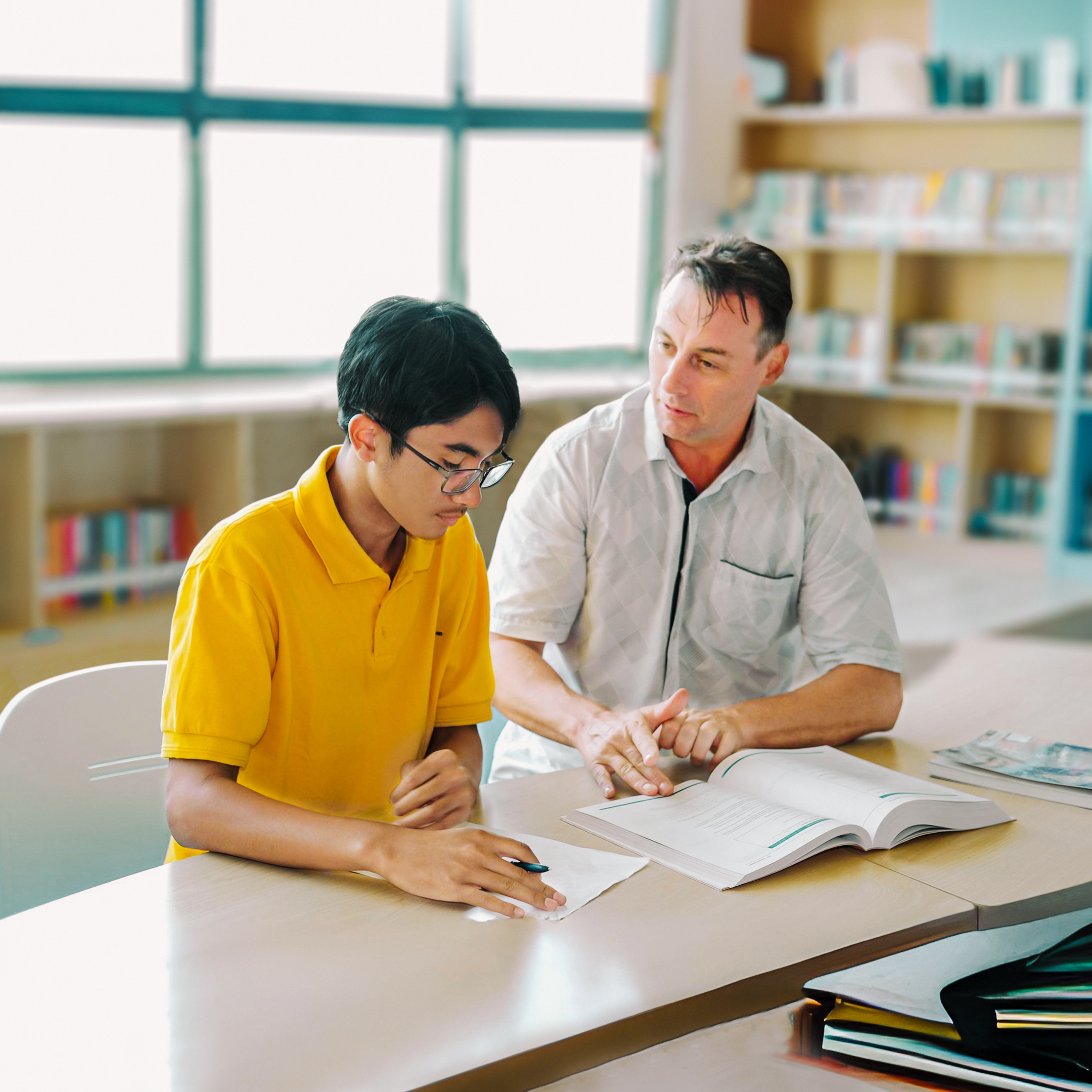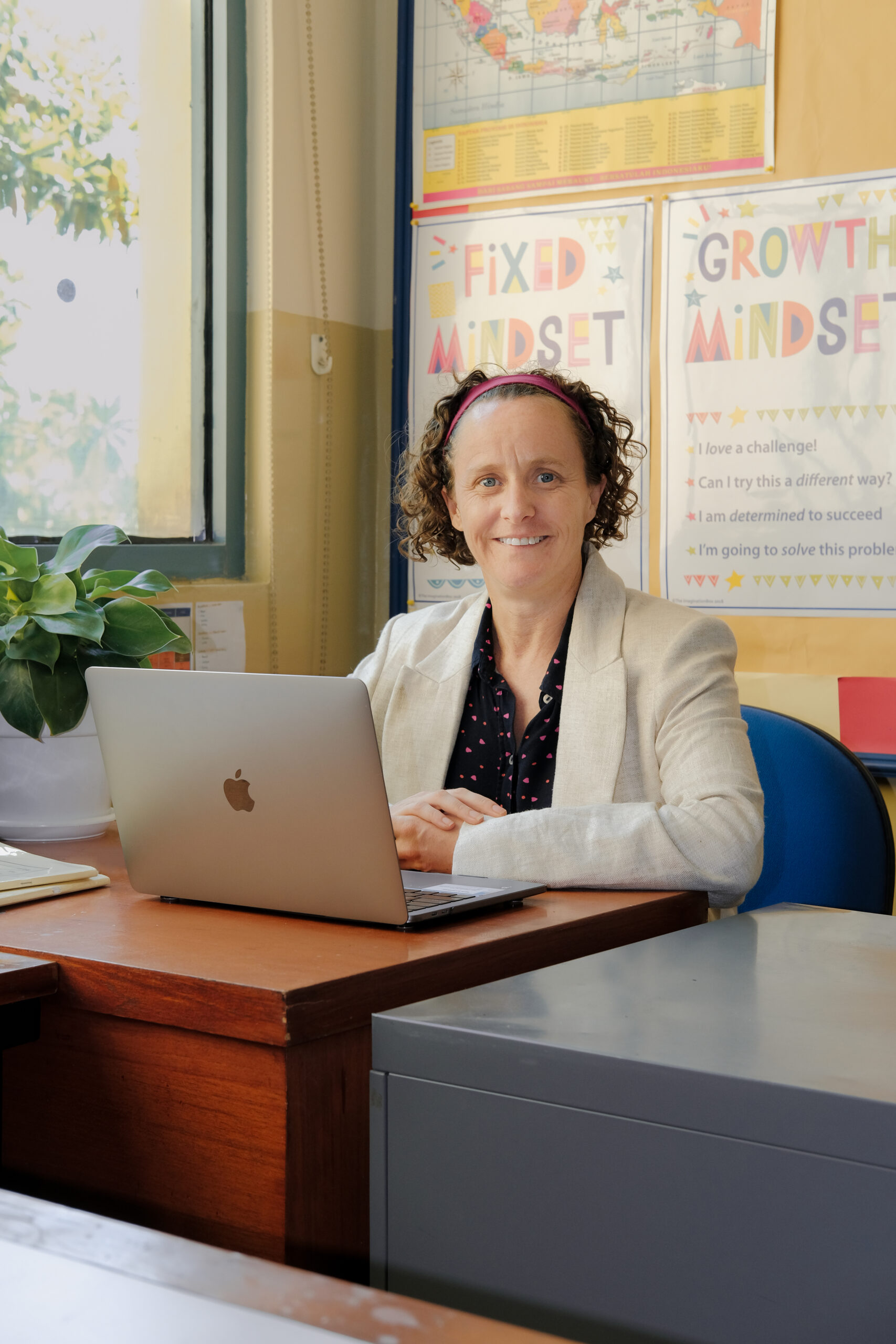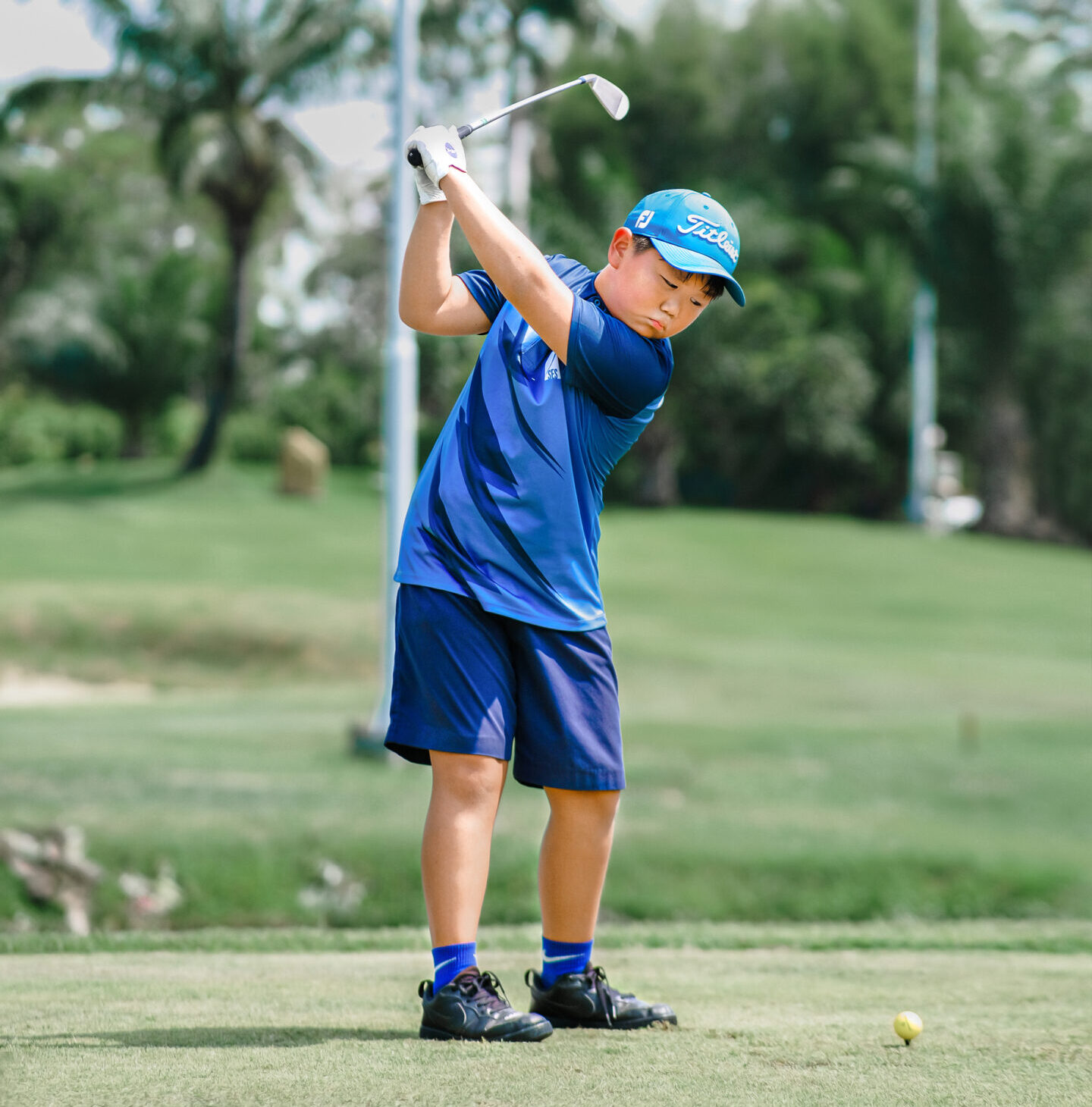The Empowering Hub: How a Good Library Fuels Learning Agility at SES
In the ever-changing world of modern education, the knack for students to adapt, learn quickly, and get their heads around new information effectively – often called “learning agility” – is absolutely key. At Surabaya European School (SES), we reckon that a well-stocked and thoughtfully put-together library isn’t just a place with books, but a vital engine that significantly boosts our students’ learning agility, helping them become adaptable and lifelong learners.
A good library acts as the intellectual heart of an institution, providing proper fertile ground for having a good look around, discovering things, and growing crucial skills that underpin learning agility. Here’s how the library at SES plays a pivotal role in shaping our students’ capacity to learn and adapt:
- Growing Information Literacy: The Basis of Agility
Learning agility all boils down to being able to find, suss out, and use information properly. The SES library actively fosters these skills through:
- Proper Comprehensive Resources: Our library boasts a diverse collection of resources, carefully picked to fit with what they’re learning and cater to all sorts of interests and ways of learning. This wide range shows students different ways of getting information.
- Expert Guidance: Our dedicated library staff aren’t just in charge of the books; they’re skilled information specialists who guide students in working out if sources are reliable and developing good ways to do research. This helps students become confident and clever at finding information.
- Information Literacy Programmes: SES weaves information literacy skills into what they’re learning, with the library being a key partner in teaching these essential lessons. Students learn how to ask the right questions when searching, properly think about the information they find, and use sources ethically – skills that are directly useful in new learning situations.
- Fostering Curiosity and Exploration: Fueling the Desire to Learn
A good library sparks curiosity and encourages students to have a look beyond what they strictly need for schoolwork, a key part of being learning agile:
- Diverse Collections: Being exposed to all sorts of genres, subjects, and points of view in the library’s collection broadens students’ horizons and gets them interested in new things. This intellectual curiosity drives them to explore unfamiliar areas and pick up new knowledge off their own bat.
- Comfortable and Inspiring Spaces: The SES library provides a welcoming and stimulating environment that encourages browsing, reading for pleasure, and having a quiet thought. This fosters a positive feeling about learning and encourages students to explore things themselves.
- Access to What’s Current and Relevant: The library keeps its collection up-to-date with modern resources, making sure students have access to the latest information and different viewpoints, preparing them to deal with what’s happening now and in the future.
- Supporting Independent and Self-Directed Learning:
Learning agility is closely linked to being able to take charge of your own learning journey. The SES library supports this by:
- Providing Resources for Learning Your Own Way: The library offers loads of materials that suit different ways of learning and how quickly people learn, allowing students to really get into topics that interest them and follow their own learning paths.
- Offering Quiet Study Spots and Places to Work Together: The library has both quiet areas for when you need to concentrate and places where you can work on group projects and learn from your mates, fostering the adaptability needed to learn effectively in different situations.
- Promoting Being Resourceful: By helping students find their way around the library’s resources themselves, SES fosters resourcefulness – the ability to find and use what they need to learn, a crucial part of learning agility.
- Cultivating Critical Thinking and Problem-Solving Skills:
Getting stuck into the diverse information available in a good library naturally fosters critical thinking and problem-solving, essential parts of learning agility:
- Exposure to Different Points of View: The library’s collection shows students all sorts of ways of looking at complex issues, encouraging them to properly think about information, compare different arguments, and form their own informed opinions.
- Support for Learning by Asking Questions: The library actively supports learning by asking questions, providing the resources students need to explore their queries in depth and develop their problem-solving abilities.
The SES Advantage: A Library as a Launchpad for Learning Agility
At Surabaya European School, we understand that our library isn’t just a static place but a dynamic hub that actively helps our students grow as agile learners. By providing a rich collection, expert guidance, and a supportive environment, the SES library empowers students to become confident information seekers, critical thinkers, and self-directed learners – qualities that will serve them well in their schoolwork and beyond, enabling them to adapt and thrive in an ever-changing world. Our commitment to a cracking library is a commitment to fostering the learning agility that defines successful 21st-century citizens.

